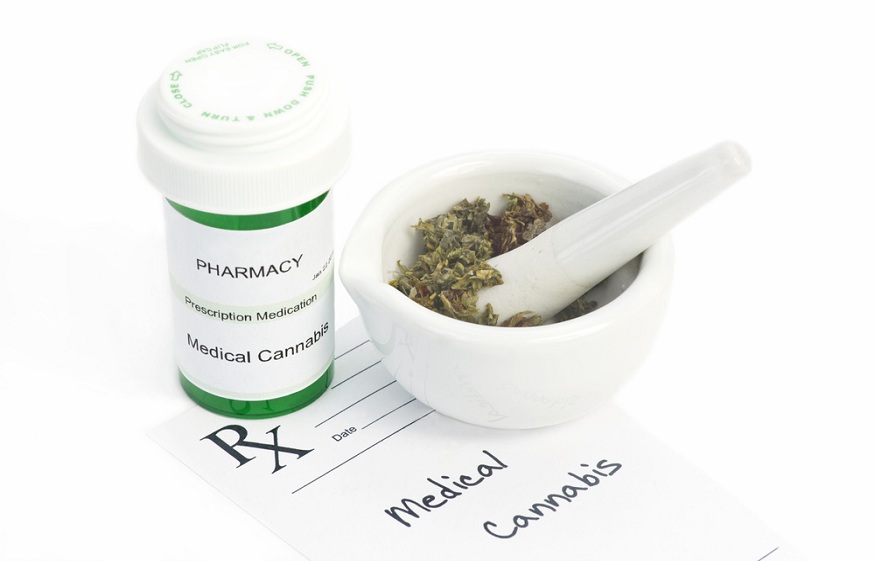The city of Denver, CO has taken a novel approach to cannabis delivery. Their approach is set to become even more novel should city leaders have their way. They recently introduced a new rule that will both reduce license fees and permanently codify a social equity clause in the current rule.
Knowing Denver’s history, it is quite likely that lawmakers will pass the new rule. That will not sit well with local dispensaries and pharmacies. Why? Because the new rule’s social equity clause will actually prohibit most of them from offering in-house cannabis delivery.
Restricting Delivery to Certain Groups
Denver’s current law on cannabis delivery restricts the exercise to certain disadvantaged groups of people. Simply put, the city only allows cannabis delivery by way of a third-party contractor. Dispensaries and pharmacies cannot deliver themselves. Furthermore, delivery company owners must be part of a disadvantaged class.
The current rule is set to expire in 2024. Some within the confines of City Hall believe that the majority of Denver’s pharmacies and dispensaries that do not offer delivery are waiting until 2024 so they can start offering the service in-house. Codifying the current rule – which is to say making it permanent – will force dispensaries and pharmacies to either contract delivery or not offer it at all.
Is this fair or right? That depends on who you ask. Pharmacy dispensary owners would say it is not, because they are being prevented by city ordinance from offering a legitimate service. Others would say the move is fair and right because socially disadvantaged groups deserve equal access to the system.
But what is preventing socially disadvantaged groups from accessing the system? The answer to that question is controversial enough that this post will not address it. There is too much involved to give it a cursory paragraph or two in a single post. Either way you look at it, Denver is looking to restrict the rights of some business owners in order to help other business owners ostensibly thrive.
Regulation Impedes Cannabis Delivery
Denver lawmakers probably intend to pass the new rule regardless of how loudly dispensary and pharmacy owners protest. But if they looked honestly at cannabis delivery around the country, they would clearly see that regulation only impedes it. In fact, regulation is impeding the entire cannabis industry. Government impediments are the sole reason the illicit market continues to flourish.
In Utah, medical cannabis delivery was made legal more than a year ago. Slowly but surely, companies are starting to get on board. But almost all of Utah’s delivery services concentrate on urban and suburban markets. Finding reliable and competitive delivery services in the most rural parts of the state is difficult.
Beehive Farmacy is a licensed Utah medical cannabis pharmacy with locations in Salt Lake City and Brigham City. They say delivery has been slow to take off because Utah’s regulatory environment is not set up to actively promote it.
Licenses, Restrictions, and Fees
In Utah, one of the biggest problems is that the state limits the number of licenses it issues to pharmacies. There are fewer than twenty to cover the entire state. All but one is in metropolitan areas. Meanwhile, urban pharmacy owners have a challenging time justifying delivery to a limited number of customers more than an hour away. So until the state loosens up and allows more operators into those rural areas, there is very little incentive to deliver out that far.
It boils down to licenses, restrictions, and fees. They are costly and prohibitive to the point that delivery is difficult to justify.



